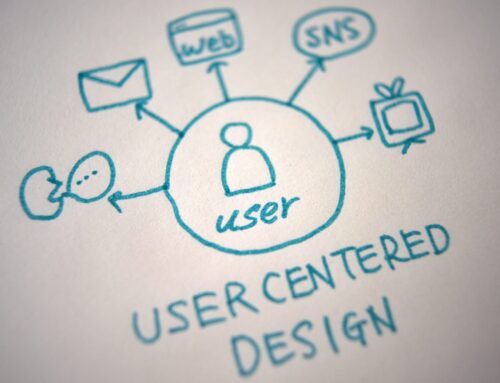In my previous blog post, I mentioned that even small businesses can get hacked. When you have a business website, it’s not enough to just “set it and forget it.” Everything that is connected to the Internet has the potential for being hacked, even a very small business website. You should always make the assumption that some hacker somewhere would find value in what you put on your site.
Compromised sites used to distribute malware; denial of service attacks and data breaches can have a serious impact on your business. If you own a small business, the consequences can be even greater because it’s more difficult to bounce back quickly. Here are 10 tips to secure your website from getting hacked.
1. Password Management System: Most companies have security policies in which passwords are the center. From expensive management suites to customized programs like LastPass, passwords are the basis for security in many small businesses.
2. Two Factor Authentication or Two Step Verification: While passwords are important, they still can be hacked. By using these two types of authorization codes, it is much more secure.
3. Formal Security Policy: Even if your business is small, a formal security policy will help to form the backbone of your company’s security position.
4. Education: Employee education is vitally important, especially when paired with software/hardware solutions.
5. Keep All Software Up-to-Date: From server operating systems to website security details, it’s important that all software is kept up to date.
6. SQL Injection: When a website has standard Transact SQL, it’s much easier for hackers to insert rogue code into your query that could delete data and retrieve information.
7. Error Messages with Too Much Information: When there is too much information in your error messages, an attacker can try a brute force attack in order to get a username and password.
8. SSL: This security protocol keeps attackers from using an unsecure communication medium to access personal data and user accounts.
9. Website Security Tools: Many website security tools will test all known attempts to compromise your site.
10. Look for Security Problems: Regularly assess your company’s security protocol in order to prevent problems before they start.
Taking just a few steps can help keep your website secure. However, it’s important to always stay up to date with hacking threats. The tech site The Hacker News (http://thehackernews.com) provides updates on new information and fresh precautions you may be able to take.
In the next installment of this three-part series, I point out 5 Reasons You Need to Purchase a Maintenance Plan for Your Website. I’ll spell out why it’s essential for every small business website to have such a plan in place.





Leave A Comment